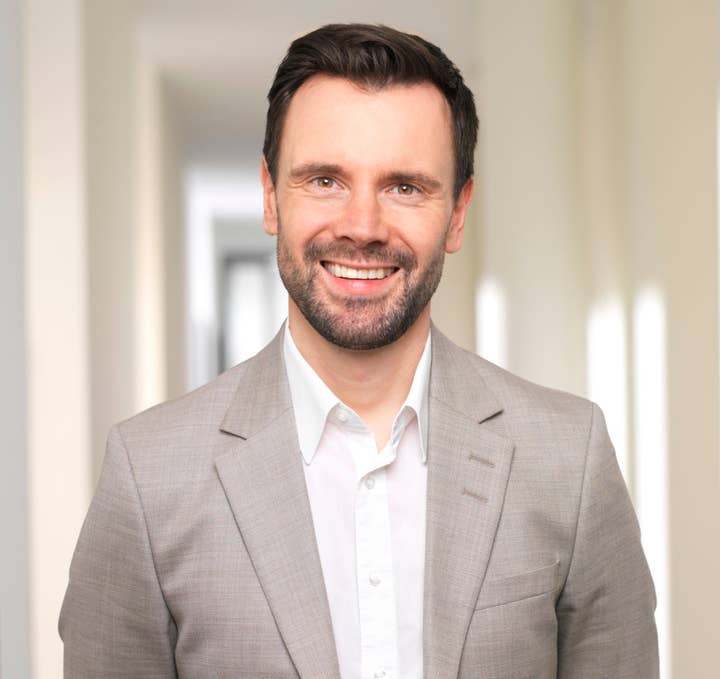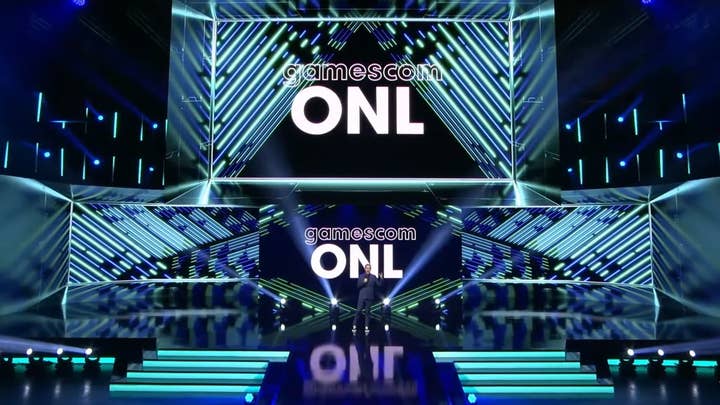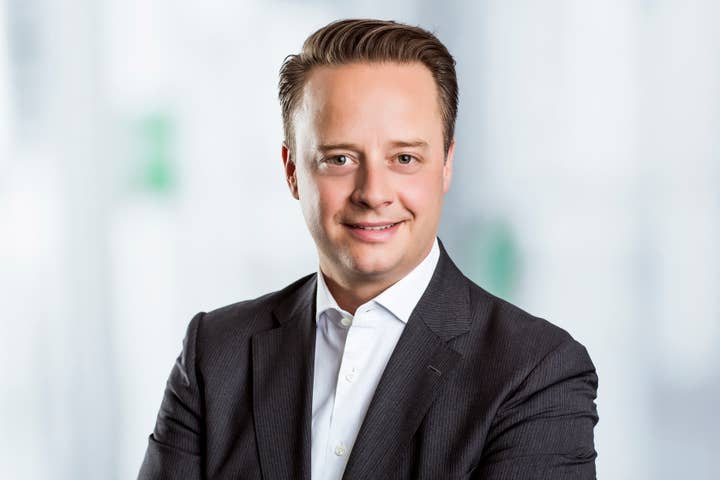What is the landscape of Gamescom in the aftermath of E3's decline?
Gamescom has transitioned from being merely a week-long event in Cologne to a globally recognized gaming festival.
In recent years, it has significantly expanded with new satellite events, starting with Gamescom Asia, which launched in Singapore in 2021, and now including the inaugural Gamescom Latam scheduled for this year in Brazil.
The Cologne event has historically showcased its international character, attracting diverse companies and attendees through country-specific pavilions in the business halls. According to Felix Falk, co-organizer and managing director of the German games trade association Game, the ongoing physical expansion into various regions highlights Gamescom's intent to establish a formidable global presence in the gaming industry.
"We aspire to be the most significant event in the gaming sector," Falk stated. "We aim to reflect the evolving trends of the industry and create a platform that hosts the most exciting game festival worldwide, linking the industry and the community both in-person and through hybrid experiences."
"With our two satellite events, we are no longer confined to a single location. In the future, if you're in South America or Asia and can't attend Gamescom, we'll be closer to you."

"The beauty of Gamescom is that it's not just about Opening Night Live, a brief showcase, and then nothing else. There's a connection to the actual festival, and there's great potential waiting to be tapped."
Felix Falk, Gamescom
Christoph Werner, senior vice president at Koelnmesse, the organization behind Gamescom, noted that the success of the satellite events is already leading to increased international participation in the Cologne edition. This year's event features a growth in the number of country pavilions, with 48 booths representing 37 countries.
As they solidify the foundations of these two new territories, Gamescom's organizers are currently concentrating on refining the events rather than pursuing additional expansions. While Falk remains open to future opportunities, any new event must "provide a unique and satisfying experience to uphold the standards expected from Gamescom."
During a visit to Gamescom Latam in June, Falk gathered valuable feedback, noting that attendees found the event significantly larger than the previous BIG Festival and remarked on its strong resemblance to Gamescom despite its smaller scale.
"These observations are considerable promises that are challenging to meet. Timing and partnerships must align perfectly, and we feel fortunate to have established this in Latam and Asia. Yet, we cannot pursue openings every year and anticipate repeating such success."
With E3's exit from the calendar, there is discussion about whether Gamescom could seize the opportunity to fill the void, possibly expanding into the U.S. market. Falk acknowledged the difficulty of finding suitable matches in Los Angeles for such an endeavor.
"A significant number of attendees from the U.S. and across the globe participate in Gamescom during August, along with Gamescom Latam and Gamescom Asia," Falk remarks. "From our standpoint, everything is thriving at Gamescom currently. Should the industry request further engagement with [the U.S.] down the road… that's a matter for the future."
The downfall of E3 provides a fascinating context for examining the stability of Gamescom. A major contributor to E3's decline was waning support from industry giants such as PlayStation, Electronic Arts, and Activision, which escalated to the failed revival efforts this year due to insufficient backing from key industry players, including Sony and Nintendo.
Neither Sony nor Nintendo will participate in Gamescom 2024, yet organizers announced they expect to host a record number of exhibitors, with over 1,400 companies and an anticipated increase in attendance compared to 2023. Falk has noted that the absence of these significant brands during certain previous years "has not meaningfully impacted the community," raising questions about Gamescom's resilience compared to E3.
Falk attributes Gamescom's success to its community-driven ethos and diverse exhibition offerings: "It’s incredibly varied. With around 1,000 exhibitors, attendees discover something new at every turn. The indie area, for instance, has been expanding significantly each year, providing a plethora of gaming options, making our festival model less reliant on specific brands."
"Nevertheless, as an association, we strive to offer a platform for all members. It's fantastic to have EA participating in Gamescom this year, following Nintendo's involvement at the past Gamescom and Gamescom Latam."

An additional challenge facing major events is the availability of game demos. Many companies have found it difficult to participate in exhibitions in recent years due to the lack of demo code, which hinders their ability to showcase upcoming titles. Furthermore, the release schedule for games has seen a shift, with fewer major drops in recent years compared to earlier Gamescom events.
Falk acknowledges that the past will not return — a lesson learned significantly during the pandemic years.
"The two digital years helped Gamescom to become more flexible, which has contributed to our success, as we can respond swiftly to industry demands and changes."
Werner notes that the pivot to a hybrid model started even before the pandemic, marked by the launch of Opening Night Live, the live-streamed showcase spearheaded by Geoff Keighley. This initiative is set to expand this year, with increased capacity for in-person guests coupled with a global online audience.
Falk reflects on the intention behind this aspect of Gamescom, stating that "E3 is characterized by new revelations and previews, while Gamescom focuses on gameplay experiences." This vision drove Koelnmesse to integrate on-stage presentations with the exhibition experience they already offered.
"General interest media and political figures tend to shy away from events dominated by a single company," he explains. "It's all about creating a wider industry showcase. This also enables us to return something to the exhibiting companies and partners by enhancing their digital reach through Opening Night Live. It’s a synergistic partnership with Geoff."
"The charm of Gamescom is that it extends beyond just Opening Night Live. It acts as a connection to the broader festival, providing exciting opportunities for collaboration with our partners."

"There's not a business case behind [Epix and the trading cards], but I see it as a lovely way to engage with our community."
Christoph Werner, Koelnmesse
Koelnmesse continues to seek innovative ways to enhance the on-site experience. This year's additions include an artist area where creators can sketch guests in the style of popular games, an expanded section for tabletop and trading card games, and a new social stage in Hall 11 dedicated to community engagement through music and content creator sessions, reflecting Gamescom's mission to benefit influencers attending the show.
"We noticed the presence of prominent creators simply walking the halls, which inspired us to create this visible stage in a curated setting," he explained.
Werner also highlighted the online engagement opportunities for those unable to visit Cologne. An illustrative initiative is Gamescom Epix, which features a series of interactive 'quests' available via the event's website. These quests range from exhibitor quizzes to engaging with specific games (like reaching Level 11 in Niantic and Capcom's Monster Hunter Now). Completing these quests grants rewards, including vouchers, discounts, and even game demos. Last year, 375,000 quests were completed, and organizers hope for similar success this year.
The goal is to "gamify" the anticipation leading up to and during Gamescom Week, alongside the introduction of a digital trading card game allowing participants to collect elements of the expo, further increasing awareness of the event.
"Currently, there's no direct business incentive for this," Werner acknowledges, "but it genuinely fosters a wonderful connection with our community."
Ultimately, the essence of Gamescom transcends beyond just a week in Cologne. Falk points out that numerous exhibitors are adopting a more integrated approach to the event, considering not only their physical presence but also their online initiatives prior to and throughout the exhibition.
"This is another facet of creating a platform for the companies," he states. "They can tease forthcoming games [in Epix], collaborate with Gamescom's showcase during Opening Night Live and engage in developer discussions at the IGN studio. Post-presentation at their booth, they can win awards. It's about maximizing every aspect of what we’ve built over the years."
